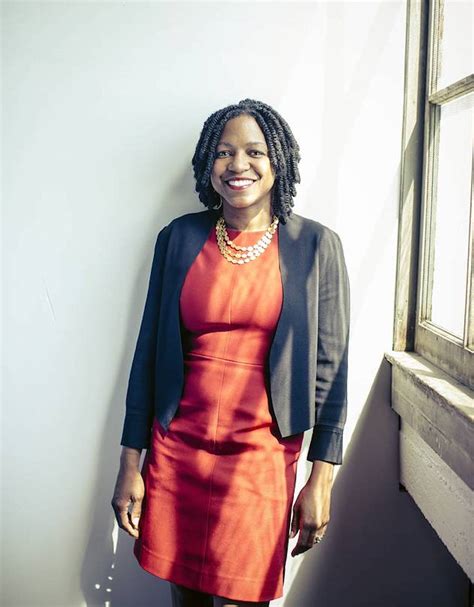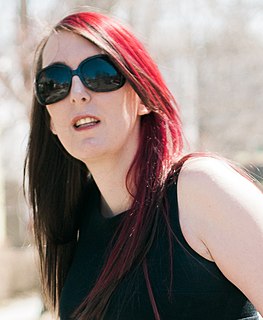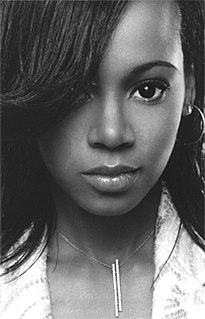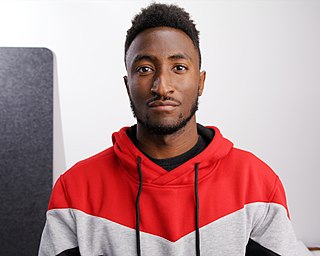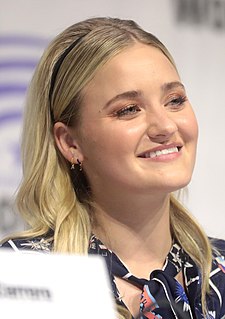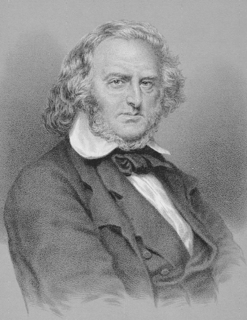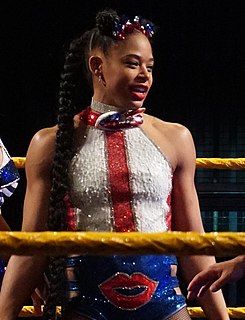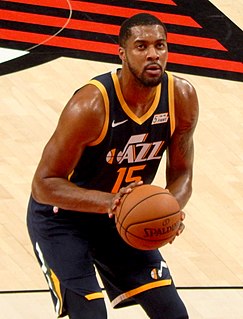A Quote by Stacy Brown-Philpot
The big problem is that a lot of Americans, whether they are underrepresented minorities or from rural areas, do not know about career opportunities in the tech industry because they may not have had role models who are part of this field or learned about STEM in school.
Related Quotes
Because my college was a local college, it had a historic role in educating minorities and the tuition increase was viewed as an obstacle in creating more opportunity for minorities. I threw myself info the protests with all my heart. Ultimately, a group of us barricaded ourselves in the school for about 3 weeks so we brought the running of the campus to a halt.
I've had a couple opportunities where I've been on the other side of the audition process as a director, so it's really reassuring to me that it's just about who is right for that role and less about if you ace the audition. It's just about getting to know people, not about who's a better actor a lot of the time.
